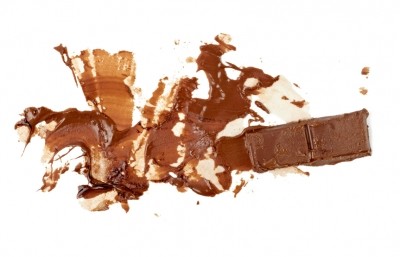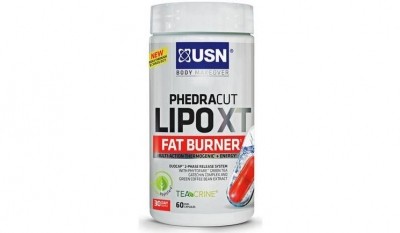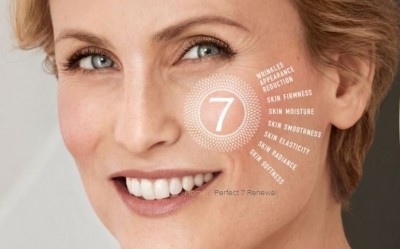ASA: 'Smartphones do not extract more coumarin and EGCG to make tea taste better'

The UK's independent advertising regulator has put a stop to advertisements that claim the product assisted with weight loss and that pulsar technology could improve the taste of the drinks.
Both claims were “misleading” and challenged as to whether they could be substantiated as the ASA instructed the ads not to appear again in their current form.
“We told E-Drinks Ltd not to claim that their technology acted in such a way on beverages that they assisted with weight loss, or to claim that it improved the taste of drinks, unless they held adequate evidence to support those claims.”
The issues in question concern wording featured on the website ‘www.edrinks.science.’ Seen on December 2017, the text used to describe the app stated, “Pulsar technology uses part of a smartphone’s radio system in a unique, patented process.
“We can pulse radio waves of special frequency to revitalise ‘tired’ water - taking it much closer to the quality of the water taken directly from that mountain stream … the revitalised water that pulsar technology creates…makes health-giving teas much more potent and effective and even dramatically improves unremarkable brands of vodka, brandy and tequila.
“Experience this for yourself with Pulsar e-drinks apps.”
ASA also referred to an accompanying listing in Google Play for ‘Pulsar e-tequila,’ which stated, “Pulsar will provide short bursts of magnetic energy to your tequila to provoke a more intimate mixing of ethyl alcohol, water and other components.
“In particular, water responds by adopting a more open structure which gives the resulting e-tequila a softer, more mellow and more elegant character. The texture will also transform to give a silkier feel in the mouth with pulsar treatment.”
E-drinks’ evidence
E-drinks Ltd, a London-based company, defended the claims arguing that in the case of green tea, when Pulsar Technology was delivered from a smartphone during the infusion period, the hot water extracted more coumarin and EGCG in the tea, which were critical in dieting and weight loss.
They added that coumarin was a known appetite suppressor and EGCG was a key compound in weight loss regimes since it was known to promote fat metabolism and clearance.
The firm also provided details of a study, which tested the effects of the app on green tea and found that the active samples of tea, which made use of the technology, appeared to have extracted a higher amount of coumarin and EGCG than the control samples, which did not make use of the technology.
E-Drinks also provided the results of a test undertaken by an independent expert on taste, who concluded that the effects of the technology improved the taste of all the drinks referenced in both ads.
Green tea only
ASA countered with the assertion that consumers would understand the claim “weight loss” in the context of the ad to mean that the app’s use assisted with weight loss when used on water and other drinks.
“We noted that E-Drinks had provided evidence in support of the claim that the app assisted with weight loss in relation to its use with green tea only,” said ASA.
“We also noted that in 2016 we had assessed a body of evidence submitted in support of claims that the EGCG in green tea contributed to weight loss and concluded that they were not adequate to support such claims.”
The authority also took issue with the studies submitted by E-Drinks, stating that while one did reference that coumarin was an appetite suppressor in the opening abstract, the paper concentrated on its pharmaceutical and therapeutic use.
The paper failed to mention its effects when consumed alongside the other compounds found in green tea.
“Because we considered that the evidence was not adequate to substantiate the claims in the ad that the technology would assist with weight loss when applied to water-based drinks, we concluded that the ad was misleading,” concluded ASA.
It was a similar story for the Google Play listing, with ASA concluding that customers would assume that the taste of water, vodka, brandy and tequila would be improved by using the app.
Tests provided by E-Drinks were criticised with insufficient evidence supplied that did not explain how the scientific principles outlined in the ad contributed to a noticeable difference in flavour.
“We further noted that we had not received evidence to show if the testers had been blinded to whether they were drinking drinks that made use of the technology, or drinks that had not, or any other information about the methodology followed during the taste tests.
“We also did not receive information about whether the testers were fully independent of the advertiser, or what their relative experience was in the field.”
















